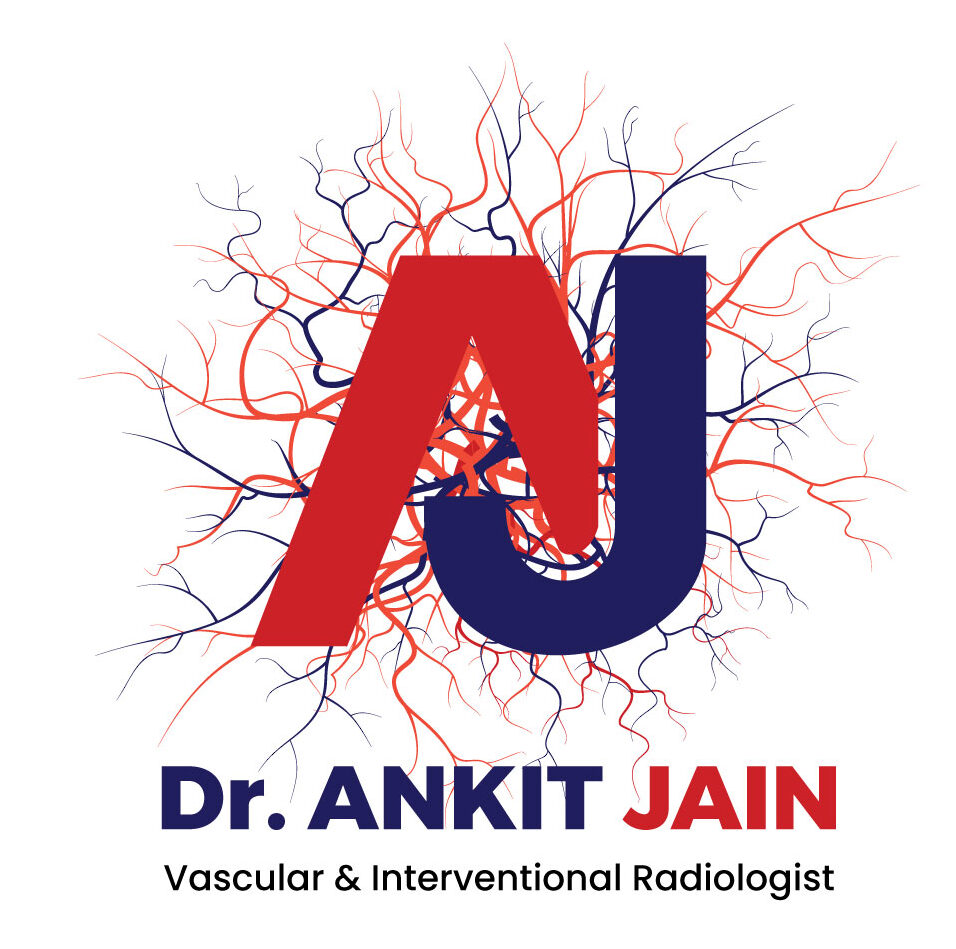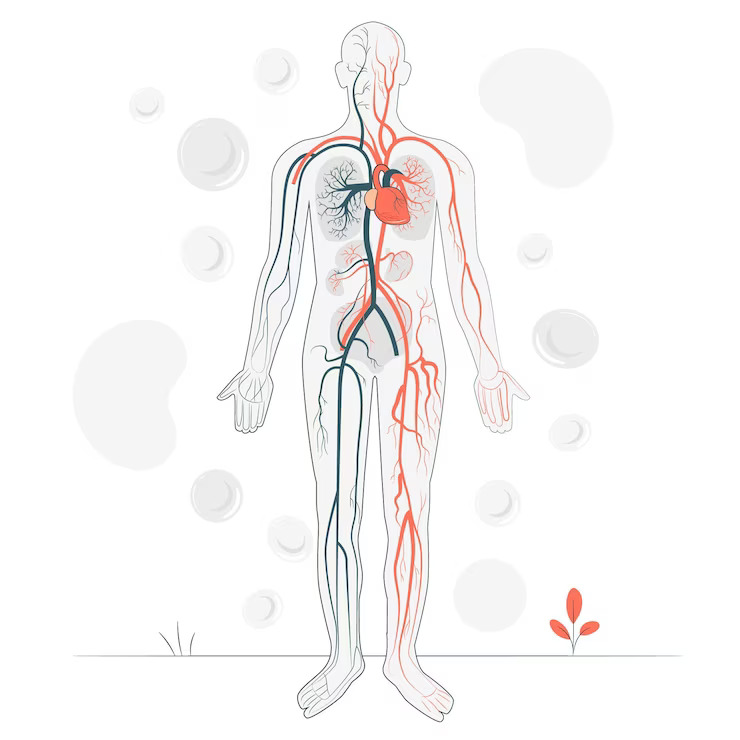Understanding The Importance Of Vascular Arterial And Venous Health
Vascular health plays a crucial role in maintaining overall well-being and quality of life. The arteries and veins are essential components of the circulatory system, responsible for transporting oxygen-rich blood to organs and tissues and returning deoxygenated blood to the heart. Understanding the importance of vascular arterial and venous health is paramount in preventing cardiovascular diseases, improving longevity, and enhancing overall health outcomes. In this article, we delve into the significance of vascular health, exploring its impact on various aspects of human health and highlighting key strategies for maintaining optimal arterial and venous function.
The Role of Arteries and Veins in Circulatory Health
Arteries and veins are integral components of the circulatory system, working together to ensure the efficient transport of blood throughout the body. Arteries carry oxygenated blood away from the heart to the body’s tissues and organs, while veins return deoxygenated blood back to the heart for reoxygenation. This continuous circulation of blood is essential for delivering nutrients, oxygen, and hormones to cells, as well as removing metabolic waste products and carbon dioxide.
Importance of Arterial Health
Healthy arteries are essential for maintaining adequate blood flow to all parts of the body, ensuring proper oxygen and nutrient delivery to tissues and organs. However, various factors such as aging, genetics, lifestyle choices, and underlying medical conditions can impair arterial function, leading to the development of arterial diseases such as atherosclerosis, peripheral artery disease (PAD), and aneurysms. These conditions can increase the risk of heart attack, stroke, limb ischemia, and other life-threatening complications if left untreated.
Importance of Venous Health
Venous health is equally important for overall circulatory function and well-being. Veins are responsible for returning deoxygenated blood from the body’s tissues back to the heart, overcoming gravity and muscle contractions to maintain proper blood flow. Conditions such as venous insufficiency, varicose veins, and deep vein thrombosis (DVT) can impair venous function, leading to symptoms such as leg swelling, pain, and skin changes. Left untreated, venous disorders can progress to more serious complications, including chronic venous insufficiency and venous ulcers.
Impact of Vascular Health on Overall Well-being
Maintaining optimal vascular health is crucial for promoting overall well-being and reducing the risk of cardiovascular diseases and related complications. Healthy arteries and veins support vital physiological functions such as tissue oxygenation, nutrient delivery, waste removal, and thermoregulation. Conversely, impaired vascular function can lead to a range of health problems, including hypertension, coronary artery disease, stroke, peripheral vascular disease, and venous thromboembolism.
Strategies for Maintaining Vascular Health
Several lifestyle and medical interventions can help promote vascular health and reduce the risk of cardiovascular diseases:
Healthy Diet: Consuming a balanced diet rich in fruits, vegetables, whole grains, lean proteins, and healthy fats can support vascular health by reducing inflammation, lowering cholesterol levels, and maintaining blood pressure within a healthy range.
Regular Exercise: Engaging in regular physical activity can improve vascular function, enhance blood flow, and promote cardiovascular fitness. Aim for 150 minutes or more per week of aerobic activity at a moderate to high level or 75 minutes or more at a high intensity.
Smoking Cessation: Quitting smoking is one of the most effective ways to improve vascular health and reduce the risk of arterial and venous diseases. Smoking cessation can help lower blood pressure, improve circulation, and reduce the risk of atherosclerosis and thrombosis.
Weight Management: Maintaining a healthy weight through diet and exercise can reduce the risk of obesity-related vascular diseases such as hypertension, diabetes, and dyslipidemia. Losing excess weight can improve vascular function and lower the risk of cardiovascular events.
Regular Health Screenings: Regular health screenings, including blood pressure measurement, lipid profile testing, and diabetes screening, can help detect early signs of vascular disease and facilitate early intervention and treatment.
Medication Adherence: Adhering to prescribed medications for conditions such as hypertension, diabetes, and hyperlipidemia is essential for managing vascular risk factors and preventing cardiovascular complications.
Stress Management: Chronic stress can negatively impact vascular health by increasing blood pressure, triggering inflammation, and promoting unhealthy behaviors such as smoking and overeating. Practicing stress-reduction techniques such as mindfulness, meditation, yoga, and deep breathing exercises can help promote vascular relaxation and improve overall well-being.
Conclusion
In conclusion, understanding the importance of vascular arterial and venous health is essential for promoting overall well-being and reducing the risk of cardiovascular diseases and related complications. Healthy arteries and veins play a vital role in maintaining proper blood flow, oxygenation, and nutrient delivery to tissues and organs throughout the body. By adopting a healthy lifestyle, managing vascular risk factors, and seeking appropriate medical care, individuals can support vascular health and optimize their cardiovascular outcomes. Through awareness, education, and proactive management, we can empower individuals to take control of their vascular health and lead longer, healthier lives.

